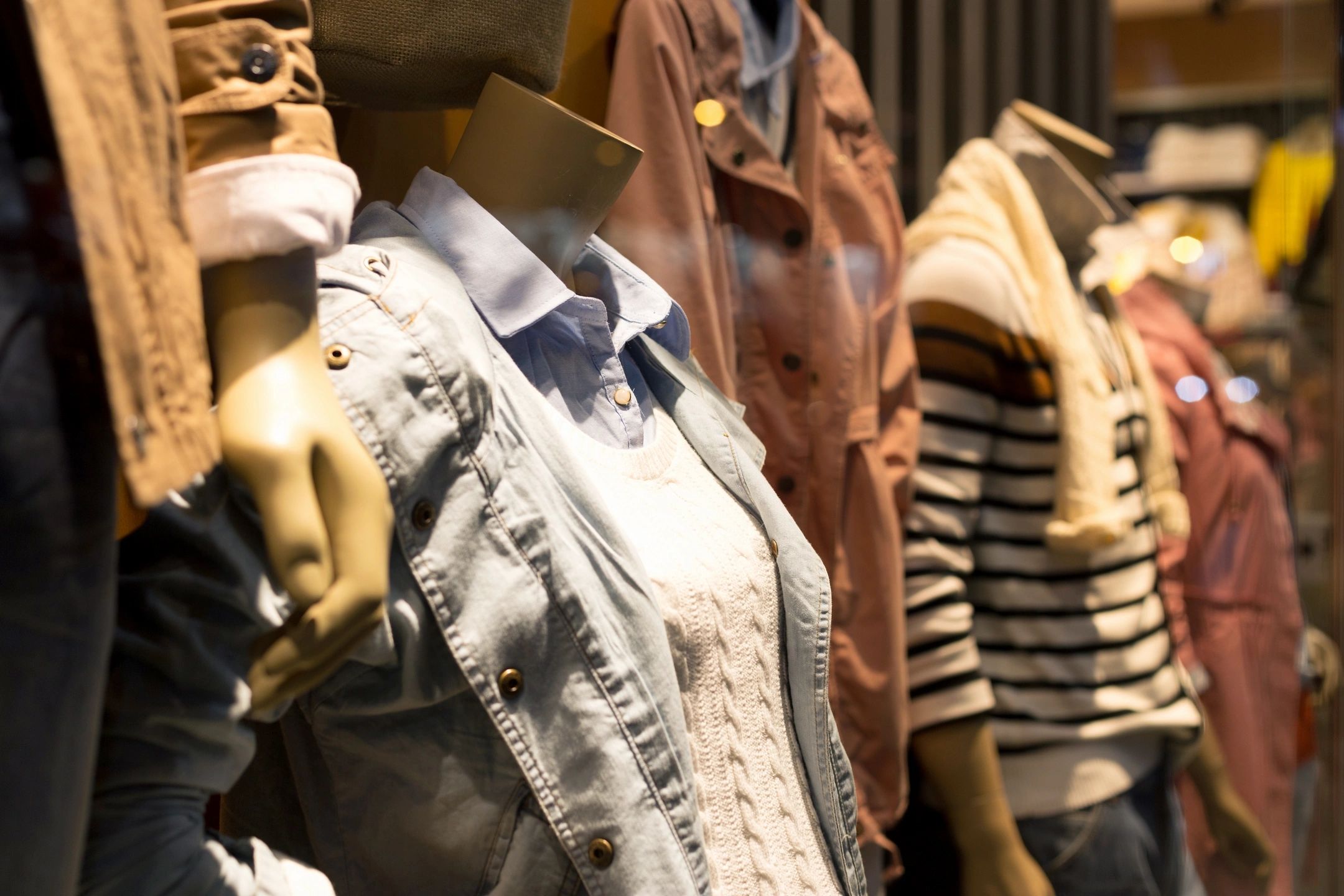The COVID-19 pandemic sent shockwaves through the retail industry, forcing businesses to adapt rapidly to changing consumer behaviors and economic uncertainties. Amid this upheaval, one aspect became increasingly clear: sustainability in retail was not just a trend but a necessity. As we emerge into a post-pandemic world, retailers are taking the lessons learned to heart, reevaluating their practices, and charting a course toward a more sustainable future.
Lesson 1: Resilience Through Sustainability
The pandemic exposed vulnerabilities in global supply chains, leaving retailers grappling with disruptions in product availability and delivery. As a result, many retailers are now shifting their supply chain strategies towards greater resilience and sustainability. Sourcing products locally, reducing reliance on single suppliers, and embracing sustainable practices not only minimize environmental impact but also fortify against future disruptions. Retailers have learned that sustainability and resilience can go hand in hand.
Lesson 2: The Power of Transparency
Transparency emerged as a defining trait of responsible retail during the pandemic. Consumers hungered for comprehensive information regarding product origins, safety measures, and ethical standards. Retailers that openly shared their sustainability endeavors and safety protocols won the trust of discerning shoppers. This trend, born of necessity, endures in the post-pandemic era. Retailers are not only divulging their sustainable practices but also educating consumers about the broader ecological and societal impacts of their purchases. Transparency has evolved into a pivotal driver of loyalty and brand integrity.
Lesson 3: Circular Economy as a Priority
The concept of a circular economy, where products and materials are reused, refurbished, or recycled, gained prominence during the pandemic. Retailers realized the value of extending product lifecycles and reducing waste. Many have initiated take-back programs, enabling customers to return and recycle old products. In the post-pandemic world, circular economy practices are being integrated into retail business models, making sustainability a core aspect of their operations.
Lesson 4: Accelerated Innovation
The pandemic served as a catalyst for innovation in sustainable retail practices. Retailers leveraged technology to implement contactless shopping, reduce in-store energy consumption, and enhance supply chain visibility. Looking ahead, retailers are focusing on sustainable technological solutions, encompassing the adoption of renewable energy sources, intelligent store design for energy efficiency, and data analytics to optimize operations while minimizing environmental impact.
Lesson 5: Consumer Engagement and Education
Perhaps one of the most significant lessons learned was the importance of consumer engagement and education on sustainable practices. Retailers realized that informed consumers are more likely to make eco-conscious choices. In response, they are investing in educational initiatives, product labeling, and online resources to help customers make environmentally responsible decisions. Retailers understand that their role goes beyond selling products; they are becoming stewards of sustainable living.
In the post-pandemic world, sustainable retail is not just a trend; it’s a transformational shift in the industry. Retailers have learned valuable lessons from the crisis and are actively pursuing strategies that prioritize both environmental responsibility and consumer well-being. As shoppers increasingly align their values with their purchasing decisions, sustainable retail practices will remain a cornerstone of success in the evolving retail landscape.


Comments are closed